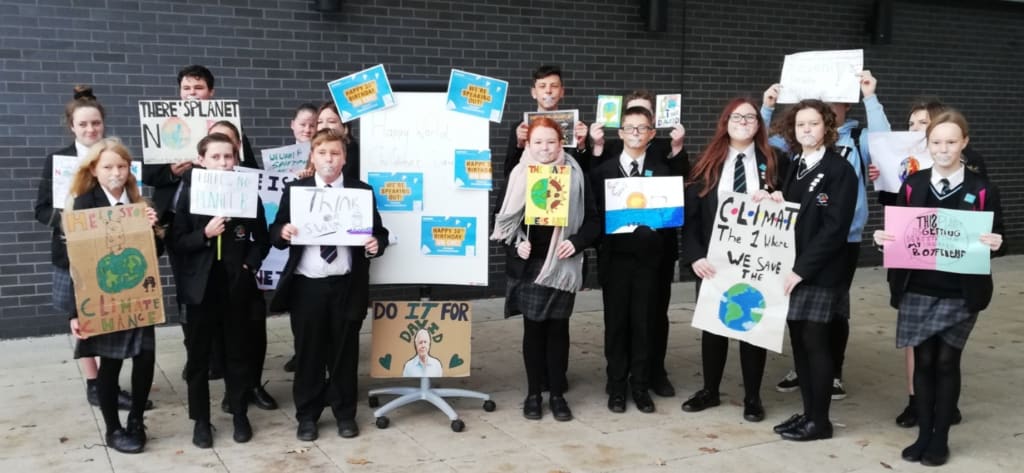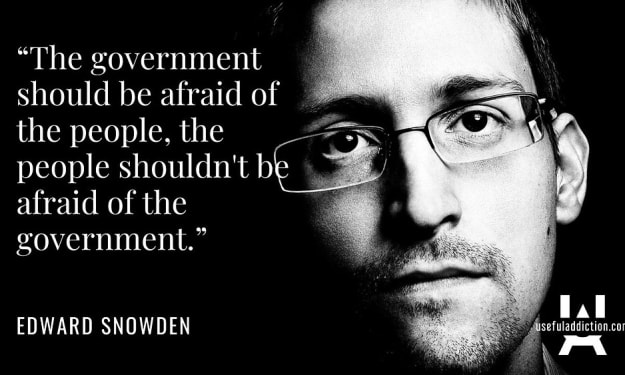The Silent Victims of Climate Change: A Cry for Help
The Human Cost of Natural Disasters Linked to Climate Change

In the vast discourse surrounding climate change, amidst scientific data, policy debates, and global agreements, we often overlook the profound emotional toll it takes on countless lives. While the impact on the environment is undeniable, the human stories buried beneath the statistics are equally compelling and heart-wrenching. This article aims to shed light on the emotional struggles faced by individuals and communities affected by climate change, as they grapple with loss, displacement, and uncertainty.
The Loss of Home
Imagine waking up one day to find your home, the place where generations of your family have lived, consumed by rising waters. This is the harsh reality faced by countless coastal communities around the world. In places like the Marshall Islands or Bangladesh, sea-level rise is not a distant threat but an ongoing tragedy. Families are forced to abandon their ancestral homes, leaving behind not only their possessions but a piece of their identity.
The emotional toll is immeasurable. The sense of loss, grief, and displacement can lead to depression and anxiety. These communities are not just losing land; they are losing their way of life, their cultural heritage, and the sense of belonging that ties them to the land.
The Struggle for Survival
Extreme weather events, intensified by climate change, are becoming increasingly common. Hurricanes, wildfires, and droughts wreak havoc on communities, leaving them to pick up the pieces of shattered lives. These events bring not only physical destruction but also deep emotional scars.
Consider the wildfire-ravaged towns of California or the hurricane-hit communities of the Gulf Coast. Survivors are left grappling with trauma, the loss of loved ones, and the overwhelming task of rebuilding their lives from the ashes. The emotional trauma can persist long after the physical wounds have healed, affecting mental health and overall well-being.
Injustice and Vulnerability
Climate change is not an equal-opportunity threat. It disproportionately impacts vulnerable communities, often those who have contributed the least to the problem. Indigenous peoples, low-income communities, and marginalized populations are often the hardest hit.
Imagine being a farmer in sub-Saharan Africa, reliant on predictable rainfall for your livelihood, only to see it become increasingly erratic due to climate change. The stress of crop failure and food insecurity takes a profound emotional toll on families and communities.
Moreover, the injustice of climate change amplifies the emotional pain. The knowledge that powerful nations and corporations bear significant responsibility for the crisis while vulnerable communities bear the brunt can lead to feelings of anger, helplessness, and frustration.
Hope Amidst Despair
Despite the grim challenges, there is hope. Communities around the world are coming together to fight climate change and support one another. Grassroots movements, climate activists, and local initiatives are showcasing the power of collective action and resilience.
One remarkable example is the small island nation of Kiribati in the Pacific. Faced with the imminent threat of sea-level rise, the people of Kiribati are not giving up. They are actively seeking innovative solutions, from floating islands to international advocacy, to protect their homeland and culture.
The Call to Action
To address the emotional toll of climate change, we must take action. This includes:
Mitigation: Reducing greenhouse gas emissions to slow the pace of climate change is crucial. This can help prevent future emotional suffering by preserving homes, livelihoods, and ways of life.
Adaptation: Supporting vulnerable communities in adapting to the changes that are already occurring is essential. This involves not only building resilient infrastructure but also providing mental health support and social services.
Empathy and Solidarity: Understanding the emotional struggles of those affected by climate change and showing solidarity can go a long way. Listening to their stories and advocating for change is a powerful way to make a difference.
In conclusion, the emotional toll of climate change is a silent crisis that deserves our attention. As we work towards a more sustainable future, let us not forget the human stories behind the data. By acknowledging the pain and resilience of those affected, we can create a more compassionate and effective response to the climate crisis.
About the Creator
Reader insights
Nice work
Very well written. Keep up the good work!
Top insights
Compelling and original writing
Creative use of language & vocab
Easy to read and follow
Well-structured & engaging content
Heartfelt and relatable
The story invoked strong personal emotions
Masterful proofreading
Zero grammar & spelling mistakes





Comments (2)
Well explained!
Climate change is a fascinating subject! Great work!